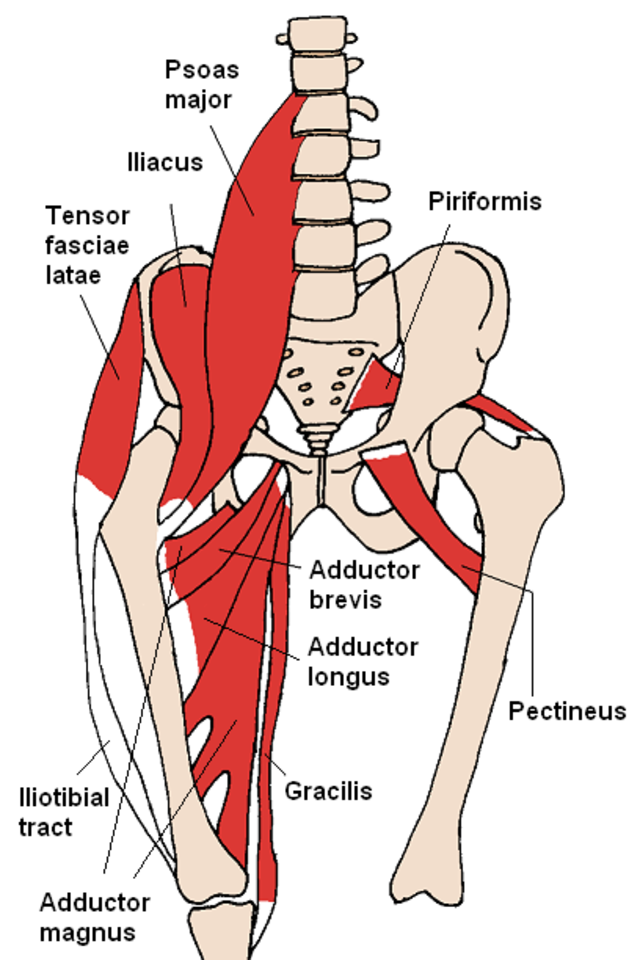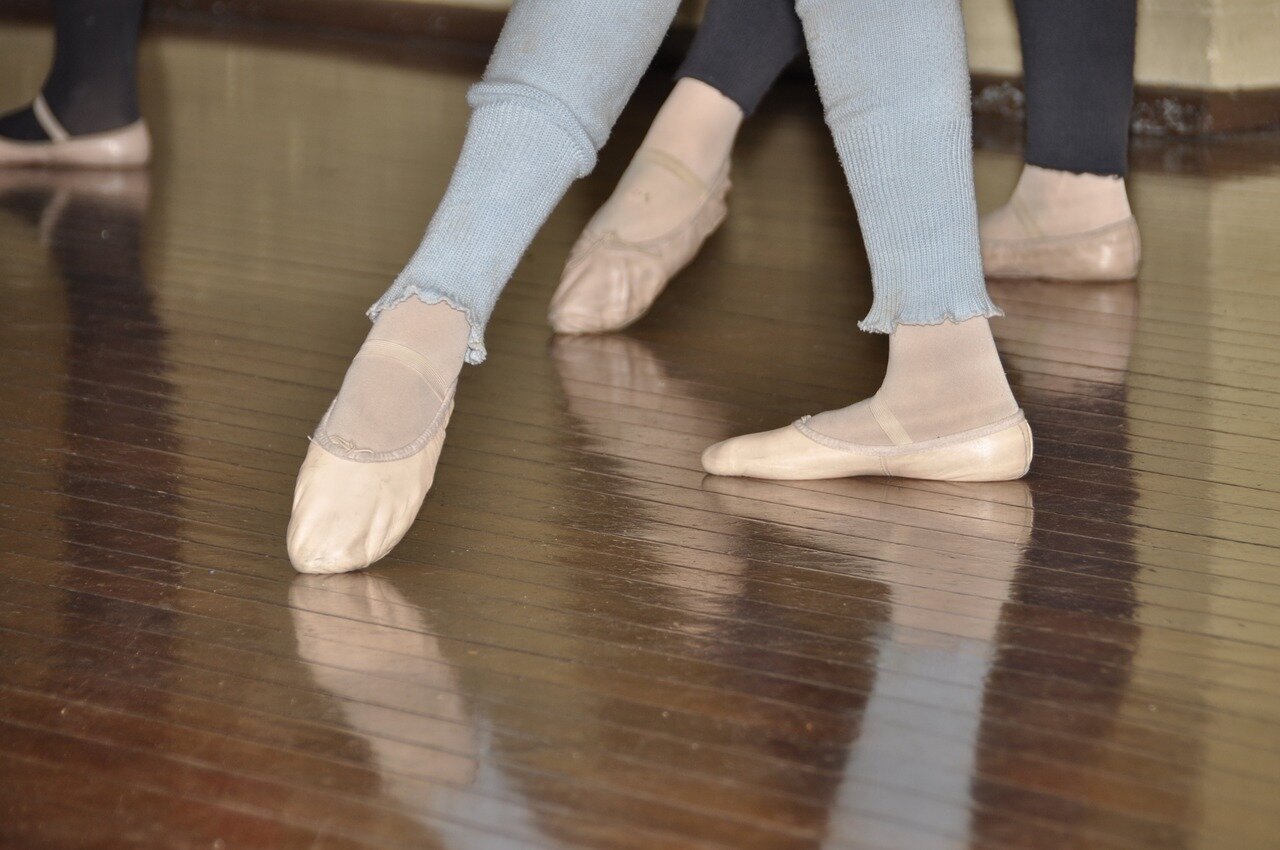What is a chronotype? The psychological basis of sleepiness
/We all have a biological clock that dictates when we wake up and get tired each day. This internal clock is partially driven by a region in the brain that sends hormonal signals to the rest of the body, and makes a full rotation approximately every 24 hours. This cycle is called the circadian rhythm, and uses hormones to communicate with the body roughly what time of the day it is. It is believed that even cells outside of the brain have cellular signals that cycle in 24 hour periods even without any external influences!
Everyone's individual circadian rhythms are slightly different. Some of us have rhythms that cycle just under 24 hours, causing us to hop out of bed and hit the floor running as soon as the sun rises. Others of us have slightly longer circadian rhythm cycles; we are the ones who aren't fully functional until noon, feel most alert late into the evening, and tend to stay awake even as the clock rolls onto the next day.
Simply put: Your chronotype is your circadian rhythm - it determines when you feel awake and when you feel sleepy.
In 1976, two psychology researchers Horne and Ostberg developed a quiz that identifies your chronotype. The quiz, called the "Morningness - Eveneningness Questionnaire," gives you some clue about how your individual biological clock is synchronized with the 24 hour-day clock.
You can take the MEQ for yourself here. At only 19 multiple-choice questions, it's a short quiz, and takes less than 5 minutes from start to finish. When you finish the quiz, it will give you a numerical score - A low score means you are an "evening type" with a late chronotype, while a high score puts you in the "morning type" camp along with others with an early chronotype. At the extreme ends of the spectrum fall the "night owls" and "morning larks," whose circadian rhythms tend to run far longer or shorter than the average.
Why should I take the MEQ?
Understanding your circadian rhythm allows you to most efficiently plan your day. You'll be taking advantage of your personal body chemistry to maximize your alertness and productivity.
For the handful of rare morning-type people out there in the college aged demographic, you'll be best off registering for difficult classes early in the morning while your mental focus is still strong. Morning type people should try to schedule challenging tasks such as interviews, meetings, and studying earlier in the day rather than later. These early risers may find it difficult to pull late night study sessions, since their focus tends to fall off later in the evening. Morning type people may have an easier transition to the workforce, since the traditional 9-5 work hours benefit those who function best in the morning.
Evening types, on the other hand, will benefit from doing the opposite - schedule difficult classes later in the day after fully waking, schedule interviews and meetings in the afternoon, and try to accomplish their daily to-do list in the evening. Late night studying, so often the norm on college campuses, works in the favor of these people.
I'd encourage you to take the MEQ (link). If you aren't already doing so, try and schedule your day around when your mental state is at peak performance.
When I took the MEQ, I scored a 43, which sits in the intermediate range, although I know I am definitely an evening type - I am currently typing up this article at 1 in the morning, and my mind is still brimming with ideas. I'm curious what kind of score you get on the MEQ, and if you think it accurately represents your chronotype. Feel free to share in the comments below.
Want to learn how to get better sleep when your circadian rhythm tells you it's bedtime? Check out these related articles.


















